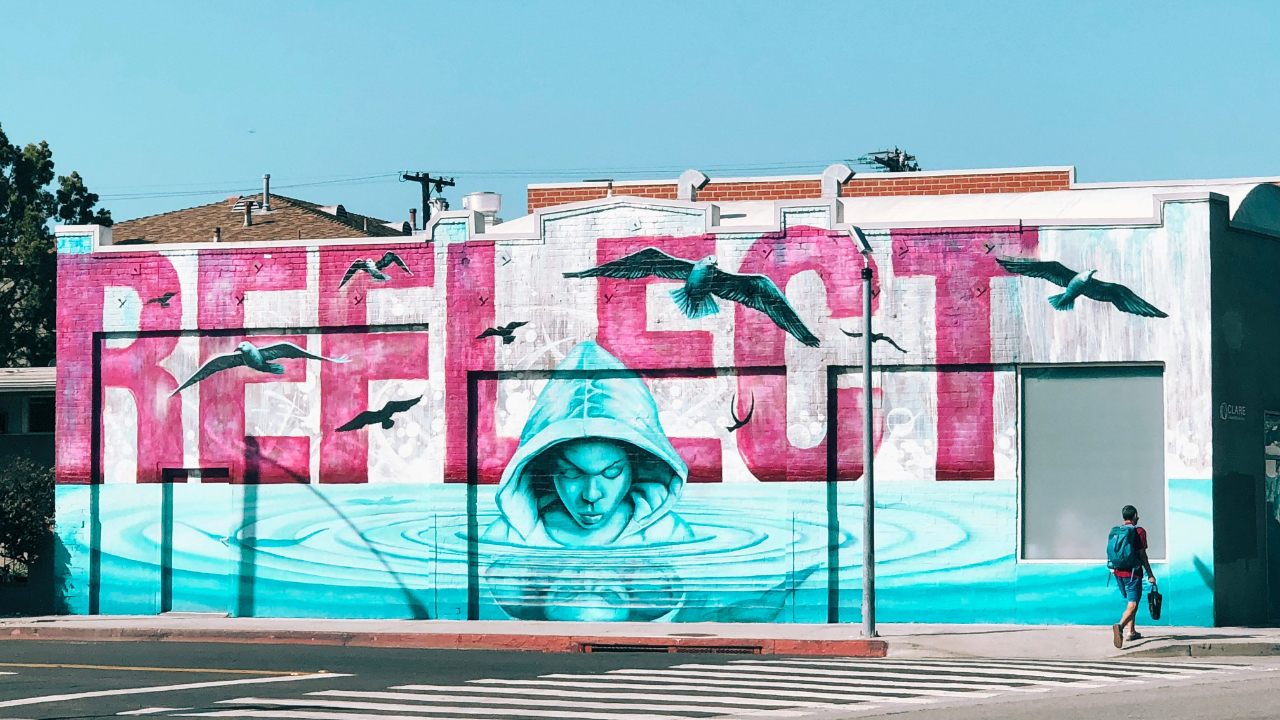Time to Debrief AY24-25
Jun 10, 2025
Although June is just the halfway point in the calendar year, for many of us in higher education, it marks a transition from one year to the next. I’ve found summer is a good time to pause, reflect, and ensure I’m learning from the past year or semester (not to mention rest a bit). That’s useful and important any year, but perhaps even more so during challenging times, like the ones we’re living through right now. How can we extract the good from a hard year, and look forward with hope and determination?
The ability to slow down, reflect, make meaning, and consider what we’ve learned and how we can use that learning moving forward is a skill that’s cultivated through intercultural development work. And it’s a skill that’s widely applicable and important in other areas of life as well. For example, I feel reflexivity is one of the most important skills I have as an educator and as a business owner/entrepreneur.
To help you reflect on the academic year and consider what you’ve learned and how to utilize that learning moving forward, I’m sharing some of the questions I use for my own yearly reflection. Before I do, though, I will say that the more regular and consistent you are at pausing to reflect on—and record—your learning, the more powerful this process becomes. I go through a briefer yet similar process to this at the end of each day and each week, as well as monthly and semesterly. That way I’m noticing what’s working and what’s not at various different levels, can start to detect patterns and notice themes, and adjust more frequently, instead of just checking in on these things once per year.
My process has been influenced and shaped by a wide variety of fields. I list some of my favorite resources related to reflection, experiential education, and personal productivity at the end of this post.
REVIEW
How do you feel?
- How are you feeling—emotionally and physically—as the academic year comes to a close? Take some time to be with those feelings, without judging or trying to push them away, before you turn your attention to the next questions.
- What information do those feelings offer you? That is, what are some different ways you might interpret those emotions and physical sensations?
What did you do?
- Where did you spend your time, attention, and energy this past year? Look back at your calendar and take stock. What projects did you complete? What were some of the key things you were focused on each month?
- Be sure to note any important accomplishments.
REFLECT
What was difficult? What challenged you?
- Where did you experience challenge? How did you respond to the challenges?
- What aspects of these challenges or difficulties were within your control? What was outside your control?
What went well?
- What accomplishments are you most proud of?
- What did you really enjoy doing? What brought you energy?
- What environments, contexts, or people inspired you or lifted you up?
- In what ways did you learn, grow, or develop this year, personally and/or professionally?
What can you learn?
- What themes or patterns do you notice—if any—as you review and reflect on the year?
- What insights or take-aways do you have as you reflect?
LOOK AHEAD & PLAN
What next?
- How might you apply what you’ve learned through this reflection in the next academic year?
- What strengths of yours would you like to lean into this coming year?
- How might you challenge yourself or where might you like to grow in the coming year?
- Consider coming up with a “word of year” to help guide you. Put that word somewhere you’ll see it every day. Write out the definition for yourself, and perhaps even what that idea looks like in different areas of your work or life.
- Is there anything that you’ve learned through this review and reflection process that you might want to share with others in your life (supervisors, colleagues, friends, or family)?
RECOMMENDED RESOURCES
Charmas, D. (2016). Work clean: The life-changing power of mise-en-place to organize your life, work, and mind.
Hyatt, M. (2019). Free to focus: A total productivity system to achieve more by doing less.
Keller, G. & Papasan, J. (2013). The ONE thing: The surprisingly simple truth about extraordinary results.
Kolb. D. (2014). Experiential learning: Experience as the source of learning and development, 2nd edition.
Schaetti, B.F., Ramsey, S.J., & Watanabe, G.C. (2008). Personal Leadership: Making a world of difference: A methodology of two principles and six practices.
Thiagarajan, T., Tagliati T., Richter M. S., & Thiagarajan, R. (2015). Six questions to ask during debriefing. In Interactive techniques for instructor-led training (pp. 252-253). The Thiagi Group.
Photo credit: Jon Tyson, Unsplash
Join the Conversation!
Enjoying the blog? You’re invited to join me and an amazing group of higher education professionals committed to fostering intercultural learning at the next Intercultural Leadership Forum! You'll have a chance to connect with others doing this work and gain new insights as you move toward your intercultural goals.


